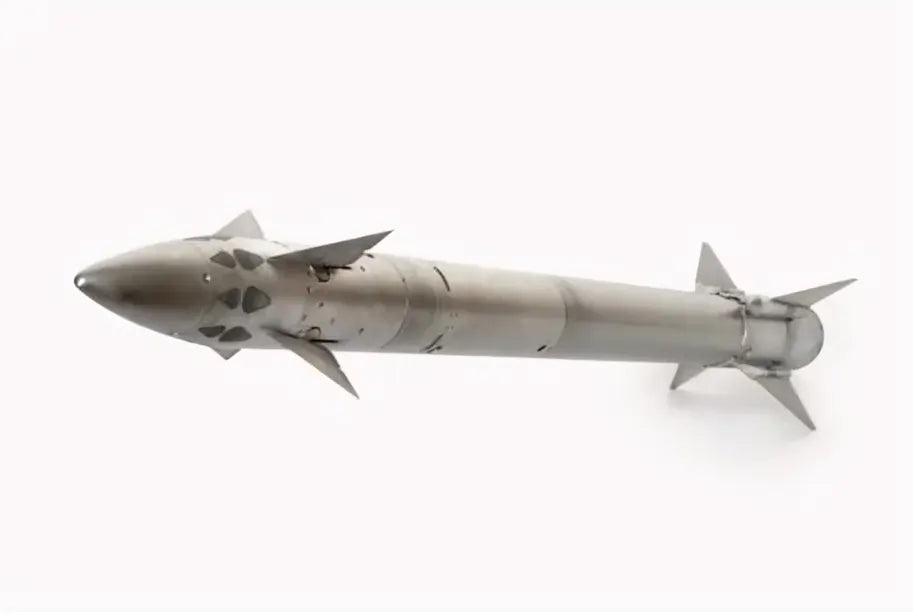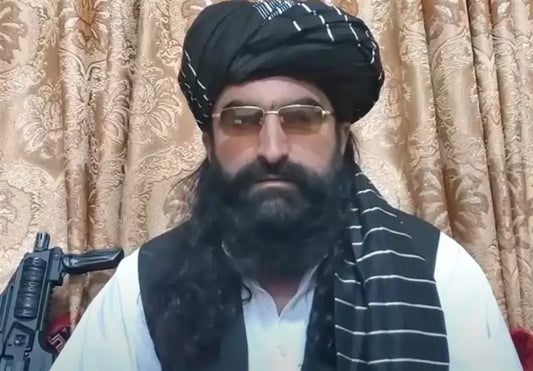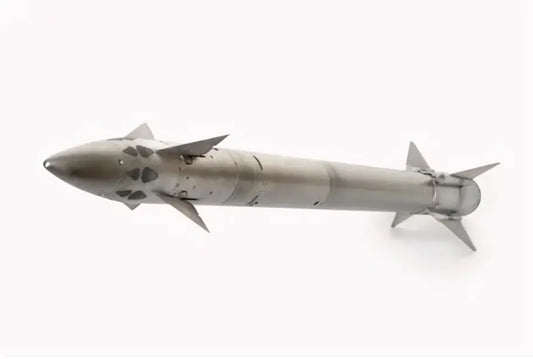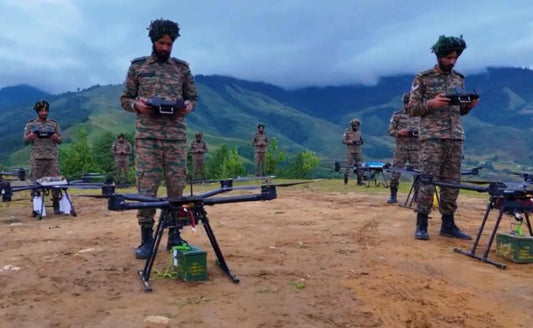UK-India Defence Cooperation: $468 Million Martlet Missile Deal and Strategic Partnership Expansion

The United Kingdom has announced a substantial £350 million ($468 million) deal to provide Lightweight Multirole Missile (LMM) systems, known as Martlets, to the Indian Army. This agreement is part of broader efforts to forge a comprehensive complex weapons partnership between the two countries, marking a notable enhancement in India–UK defence ties.
During UK Prime Minister Keir Starmer's official visit to Mumbai, he met with Indian Prime Minister Narendra Modi at the Global Fintech Fest 2025 held at the Jio World Centre. The leaders explored ways to strengthen cooperation in defence, security, and technology, coinciding with the participation of a UK Carrier Strike Group in the Konkan 2025 naval exercise alongside the Indian Navy.
A joint statement following the meeting indicated that the government-to-government agreement would initially supply LMM systems to meet India's expanding air defence needs. The deal aligns with India's Atmanirbhar Bharat initiative, aimed at self-reliance, and is expected to promote long-term collaboration in designing and developing complex weapon systems.
According to the UK's Ministry of Defence, the missiles and launchers will be produced by Thales Air Defence in Belfast, Northern Ireland, where similar systems are already being manufactured for Ukraine. The contract is anticipated to secure over 700 skilled jobs in Northern Ireland, thereby boosting the UK's defence industry and expanding its export reach in Asia.
The UK Ministry of Defence described India as a "key strategic partner," emphasizing that the deal "paves the way for a broader complex weapons partnership currently under negotiation between the two governments."
Alongside the missile agreement, the two nations signed an Implementing Arrangement to strengthen collaboration on electric-powered propulsion systems for naval ships, a partnership valued at £250 million ($333 million). This initiative aims to advance sustainable naval technologies and reduce operational costs for future Indian warships.
Foreign Secretary Vikram Misri confirmed that the prime ministers reviewed the progress of the Defence Industrial Roadmap, revealed in July 2025, which intends to promote joint research, co-development, and co-production in advanced defence technologies.
British Defence Secretary John Healey praised the agreement, stating it demonstrates the growing trust and cooperation between the two democracies.
"These deals show how our growing strategic partnership with India will boost UK business and jobs. They will pave the way for deeper collaboration between our defence industries, especially in air defence and electric naval propulsion," he said.
Prime Minister Keir Starmer echoed similar sentiments, describing the agreements as "a cornerstone in building a stronger, technologically advanced defence relationship" between the UK and India.
The deployment of Lightweight Multirole Missiles, which are compact, laser-guided precision weapons capable of targeting airborne, land, and maritime threats, will enhance the Indian Army's air defence capabilities in tactical battlefield settings.
Defence analysts suggest that this deal not only constitutes a military transaction but also signifies a strategic alignment, enhancing India's defence readiness while allowing the UK to strengthen its presence in the Indo-Pacific security sphere.



















